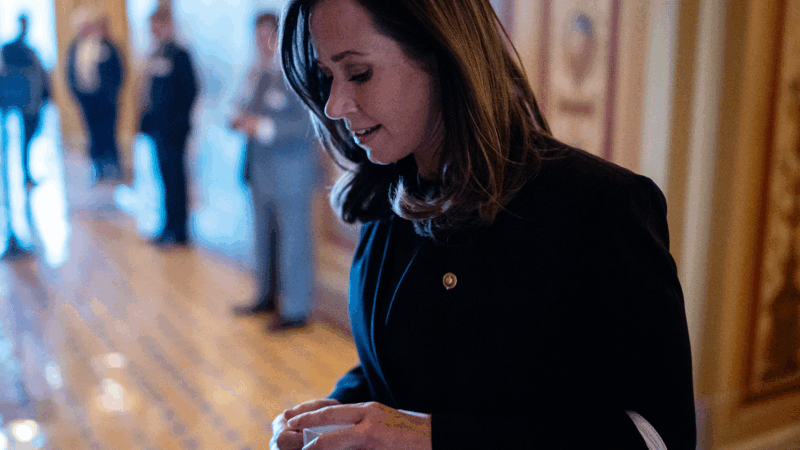International Women
Walk into UAB’s Smolian International house on a Tuesday morning, and you’ll see cartoons on T.V., women laughing and talking while infants crawl around. A typical women’s group. But listen a little closer, and you’ll find, it’s not that simple. You’ll hear accents that hail from China, Taiwan, Uzbekistan, India and elsewhere.
All of these women are married to men who are graduate students or researchers at UAB. Together, they take trips to Birmingham attractions, teach each other about their cultures, and support one another in their struggles to adjust to a new, American life. Though they come from different countries, their stories about their first months here are pretty much the same.
“When I came here, I had nothing to do…”
Nothing to do.. That’s where Amy Owens steps in. She runs the international women’s group at UAB.
“Spouses have an immediate connection to UAB through their department. They’re working to get them assimilated and connected with either the research or the academic side of what they’re pursuing. But the women and the wives are left at home. Most of them, in fact all of them, don’t have cars, don’t have driver’s licenses so they’re really kind of stuck.”
This was true for Sylvia Huang and her husband Ping Chen. Chen is a PhD student in neurobiology and Huang, like many of the wives that come here, is also well-educated. She left a good job as a counselor in Taiwan to be with her husband in the U.S.
“My thesis is on gender issues and when I came here, I experienced a lot of gender issues.”
Huang and Chen tick off the challenges she’s faced. For their first 8 months in Birmingham, the couple didn’t have enough money to buy a car. And because they didn’t have a car, they couldn’t practice driving.
Transportation problems were just the beginning. Like many wives, Huang couldn’t get a social security number. She’s on what’s called an F-2 visa, accompanying her F-1 husband. The F-2 bars her from working in the U.S. or taking any coursework that could go towards a degree.
Huang says she understands the federal government’s concern over giving foreigners’ jobs, but what she cannot understand is why they won’t let her take professional classes. She’s willing to pay for them – and she has plenty of time. International couples are often here for up to 5 or 6 years.
“I think female growth is really important. We all have our studies, our jobs, or career. But, if we want to be here with our husbands to sustain our family as a whole, we have to quit our jobs and everything. We never expect when we come here that there are a lot of restrictions”
Her husband realizes her frustration.
“If you are a spouse, you have no bank account for yourself; you have no i.d. for yourself. Actually, if you disappear, nobody cares, nobody knows.”
“I have to be totally dependent under his name,” says Huang.
For Huang, this loss of independence is one of the hardest parts about living here. She went from having a dynamic presence in her homeland to being almost invisible in the U.S.
Two comforts for her have been the internet, which she uses to stay in touch with friends around the world…and the international women’s group. But while the international community is strong in Birmingham, Huang says it’s strange that though in America, she knows very few Americans.
Back at the Smolian House there is one exception, Amy Brewster, an American who joined the group.
“I remember several years ago, I heard a statistic, and I don’t remember the exact number, but let’s just say most internationals come to the U.S. never see the inside of an American home, and I just think that is a sad thing because that is probably the thing they are most excited to do, see how Americans really live, have the opportunity to be a part of it. That’s one of the reasons I got involved, because as a host culture we need to be opening our lives up and our homes up.”
Because they feel so invisible a lot of time, the international women say they doubly appreciate people like Brewster who reach out to them and treat them with respect.
Forget the State of the Union. What’s the state of your quiz score?
What's the state of your union, quiz-wise? Find out!
Nancy Guthrie case: How do families of missing people cope with the uncertainty?
When a loved one goes missing, relatives can feel guilty simply for eating, says Charlie Shunick, whose sister was kidnapped. Shunick now helps others navigate a nightmare "nobody is prepared for."
A team of midlife cheerleaders in Ukraine refuses to let war defeat them
Ukrainian women in their 50s and 60s say they've embraced cheerleading as a way to cope with the extreme stress and anxiety of four years of Russia's full-scale invasion.
As the U.S. celebrates its 250th birthday, many Latinos question whether they belong
Many U.S.-born Latinos feel afraid and anxious amid the political rhetoric. Still, others wouldn't miss celebrating their country
SNL mocked her as a ‘scary mom.’ In the Senate, Katie Britt is an emerging dealmaker
Sen. Katie Britt, Republican of Alabama, is a budding bipartisan dealmaker. Her latest assignment: helping negotiate changes to immigration enforcement tactics.
This community festival embraces the joys of a frozen lake — while it still has one
As climate change accelerates, local experts say the date Wisconsin's Lake Mendota freezes over is getting later, making safe conditions for activities that rely on snow and ice harder to predict.





